General
Foundation Stage planning is a very different approach to Key Stage 1 or 2. Children in Nursery and Reception classes often have ‘continuous provision” - a variety of activities which children are free to move around among and choose for themselves. Sometimes activities will be provided where the teacher or classroom support works with all the children at different points during the week. Read more
Sort by:
Date (Newest first) | Title A-Z
Show:
All |
Articles |
Podcasts |
Multipage Articles
-

Storytelling - how can we imagine the past?
ArticleClick to view -

Sutton Hoo - Classroom archaeology in the digital age
ArticleClick to view -
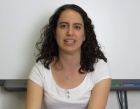
Tackling the Key Stage 1 Curriculum Interview
Multipage ArticleClick to view -

Teaching history through nursery rhymes in the foundation stage
ArticleClick to view -

Teaching history through the use of story: Working with early years' practitioners
ArticleClick to view -

Teaching history to young children
ArticleClick to view -

The Olympics and ICT in the Foundation Stage
ArticleClick to view -

The digital revolution
ArticleClick to view -
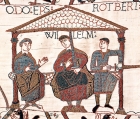
The importance of history vocabulary
ArticleClick to view -
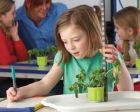
Using 'Development Matters' in the Foundation stage
ArticleClick to view -

Using artefacts to develop young children’s understanding of the past
ArticleClick to view -
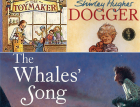
Using stories to support history in the EYFS
ArticleClick to view -

What your local Archive Service can offer to schools
ArticleClick to view -

Why did you write it like a story rather than just saying the information?
ArticleClick to view -
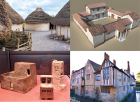
‘Golden threads’ in primary history
ArticleClick to view

